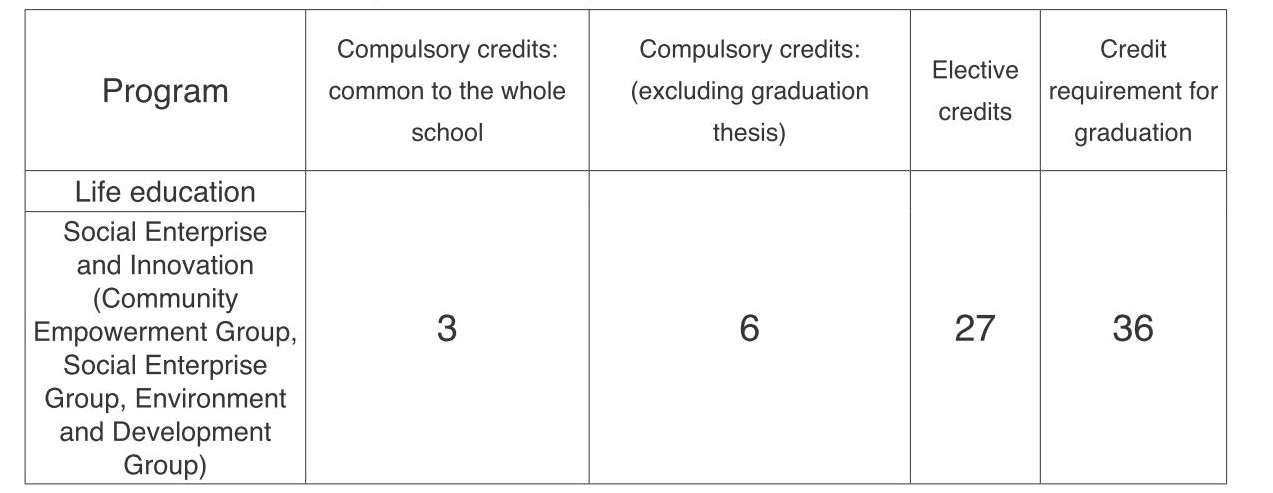GRADUATE SCHOOL OF HUMANITIES AND SOCIAL SCIENCES
Building a Pure Land in Taiwan While Cultivating a Global Visio
• Taking Protecting the Spiritual Environment as our guiding principle, our programs promote a deepening reflection into one’s core values, spiritual elevation, and the development of physical and mental
well-being.
• Engage in sustainable environmental development, implement community and public welfare initiatives, and apply innovative management methods to the development of social enterprises.
• Our programs offer cross-disciplinary courses for the cultivation of knowledgeable professionals with a global perspective.
Life Education M.A. Program
Cultivating Life Wisdom And Finding One’s Path
1. Features: Life reflection and contemplation, grounding one’s body and mind and that of others, diverse cross-cultural horizons
2. Vision and Goals:
i. Reveal and integrate the value and meaning of life, implement contemporary life education
ii. Deepen and develop theories and practices of life education and social care
iii. Develop cross-disciplinary life education research and practice, including philosophy, psychology, religious studies, arts, education, and culture.
3. Curriculum directions:
i. Life contemplation
ii. Relationship of self and other
iii. Life aesthetics
iv. Implementation ability
v. Life care
vi. Integration
Social Enterprise and Innovation M.A. Program
1. Vision: Based on the core value of Spiritual Environmental Protection, the M.A. program practices the spirit of social welfare and caring, cultivating knowledgeable social enterpris professionals
with a global vision and a cross-disciplinary outlook. Our vision is to help foster communities that are conducive to spiritual well-being, social welfare, and sustainable development.
2. Distinguishing features:
(1) Taking the Dharma Drum motto of Protecting the Spiritual Environment as our guiding principle; building a pure land on earth as our responsibility;
(2) Cultivating knowledgeable social enterprise professionals with the ability to engage in cross-disciplinary initiatives and promote the sustainability of communities and the environment;
(3) Engaging in self-reflection, fostering self-understanding, developing inner strengths, expanding resource connections, and enhancing the capacity for public welfare campaigns;
(4) A curriculum which meets the needs of society and incorporates both theory and practice.
3. Educational Goals:
(1) To cultivate knowledgeable professionals steeped in the teachings of Protecting the Spiritual Environment;
(2) To create leaders capable of cross-disciplinary social innovation and management;
(3) To foster meaningful engagement in community issues to promote public welfare;
(4) To improve ecological and sustainable development literacy.

